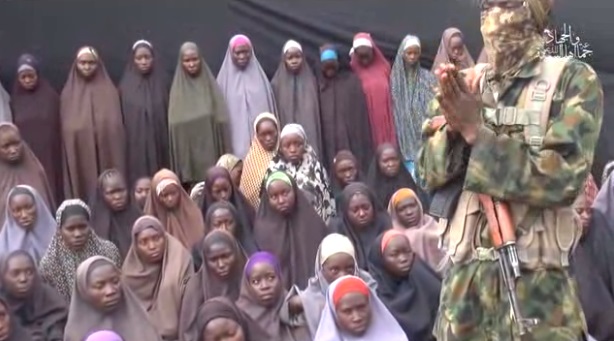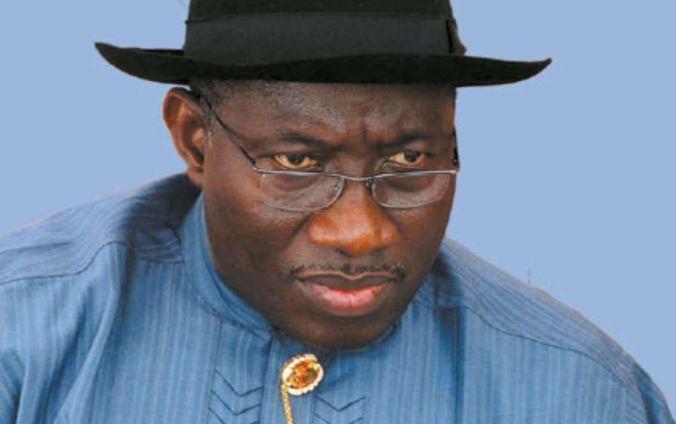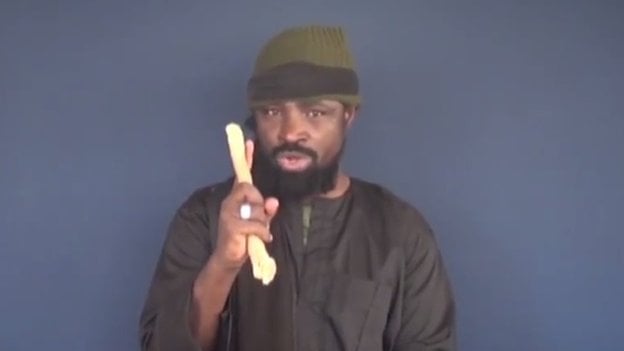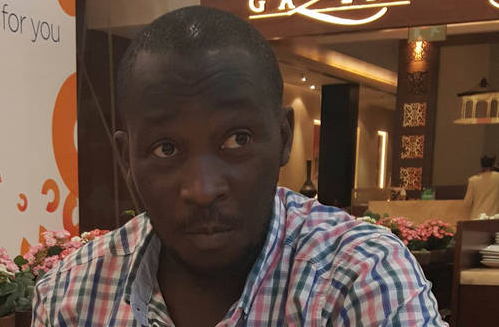Ahmad Salkida, a journalist known to have access to the leadership of Boko Haram sect, risked his life during the negotiation for the release of kidnapped Chibok schoolgirls.
Of the 276 girls abducted from Government Girls Secondary School, Chibok in Borno state, 163 are now free: 57 fled in the early days after their abduction, three more escaped later, and a Swiss-coached mediation secured 103.
A report by Wall Street Journal detailed the role of the Nigerian journalist in the quest to free the innocent girls.
THE JONATHAN ADMINISTRATION THOUGHT ‘SALKIDA WAS A DIFFICULT PERSON’
Advertisement
Ofiicials of the administration of former President Goodluck Jonathan reportedly invited Salkida to open windows of negotiations for the girls’ release.
“Ahmad Salkida was a difficult person for Nigerian officials to petition for help. Nigerian officials felt leery about Salkida’s fixation with social media,” the report said.

Advertisement
“Everything he does has to be in the public domain. He has to tweet about it,’ one official said. They weren’t sure if Salkida was loyal to them, Boko Haram or his own brand. They also knew that he, better than anyone, understood how to communicate with Boko Haram.”
It said while the government invited Salkida to Abuja, another quiet effort to negotiate with Boko Haram – involving the Swiss government – was taking shape.
WSJ continued: “In an early meeting with Nigeria’s security chiefs, Salkida shared an insight, gleaned from his sources, that the Twitter activists and foreign rescue brigades hadn’t considered. Shekau was tired of the girls and wanted to bring them back, too.

“Salkida contacted Boko Haram to request a meeting with Shekau. The insurgents said they would allow it, so long as Salkida left his phone behind. If he brought it, they’d kill him, they said.
Advertisement
“Boko Haram agreed to the meeting and pointed Salkida to a rendezvous point in northeastern Nigeria. Once there, he was collected in a car and dropped off to wait for another driver.”
‘SHEKAU MORE SOBER IN PERSON THAN THE BARKING FIGURE ON YOUTUBE’
After several more trade-offs and a bumpy nine-hour ride on the back of a motorcycle, he arrived at the Sambisa camp, where Abubakar Shekau (Boko Haram leader) welcomed him with a hug.
“The warlord was more sober in person than the barking figure on YouTube,” Salkida was quoted to have said.
Advertisement
It added that Shekau went off “with hardly a word”, leaving Salkida to debate with the Boko Haram leader’s deputies into the wee hour.
“Salkida woke the next morning to an encouraging sight: the Chibok girls, about 100 of them, some still wearing their checkered-print school uniforms. Naomi Adamu was there, sitting on a patch of scrub and staring back defiantly. A militant began filming a proof of life video, which Salkida took as a sign that Shekau was interested in striking a bargain.
Advertisement

“Back in Abuja, he brought the video to the president (Jonathan), who gave his blessing to cut a deal.”
Advertisement
With Jonathan’s reported approval, Salkida was said to have spent the next few weeks exchanging text messages with the two sides to help secure the girls’ release.
This was the plan, according to WSJ: “The government would load a vehicle with five imprisoned Boko Haram fighters. The insurgents would deliver 20 girls. The two sides would repeat the process until one ran out of captives.”
Advertisement
After reviewing the plan and “concluding that it was the best deal they could hope for”, Salkida was then “asked to go ahead.”
‘CANCEL THE OPERATION’
“After scheduling the first exchange, Salkida and the prisoners climbed inside six government vehicles and rode in a convoy to the designated exchange point in the city of Damaturu. It was all systems go.
“As evening fell the day before the swap, Salkida’s phone rang. It was a ranking figure in the Nigerian military. The man gave Salkida a curt order: ‘Cancel the operation’.
“The military had grown uncomfortable with the trade. Some still thought the kidnapping was a hoax and the exchange a feint to free Boko Haram fighters. Others simply hated negotiating with terrorists.”
The Swiss authorities later engaged Zannah Mustapha, a lawyer who had founded a school for children who are “victims of terror” to also help in cutting out a deal for the girls’ release.
And the plan of swapping Boko Haram detainees with the girls was still intact, the report said.
Add a comment







